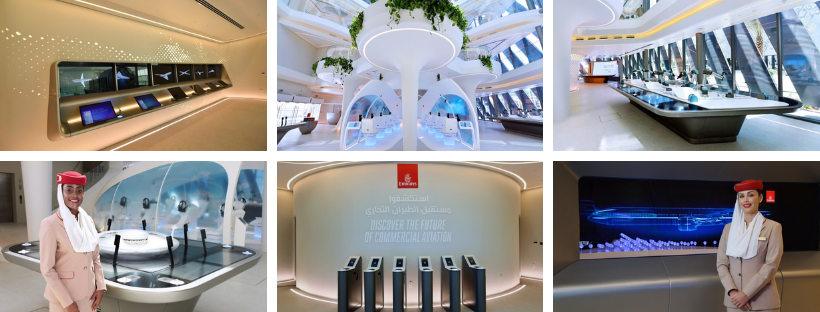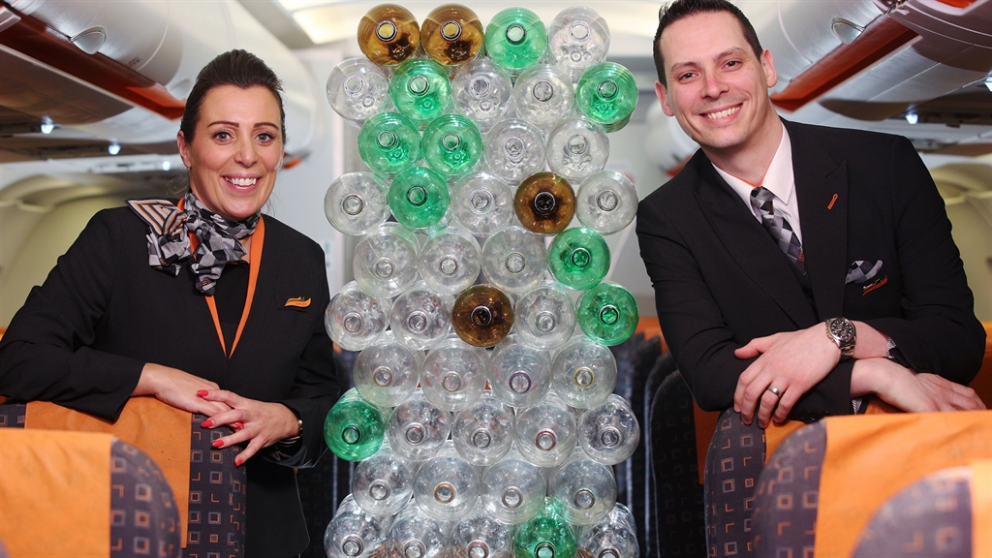£5 drop-off charge introduced at Heathrow
Heathrow has announced the introduction of a ‘Terminal Drop-Off Charge’ across all terminal forecourts from 1s November.
A Heathrow statement said:
As travel slowly restarts, the charge, initially proposed last year, will prevent a car led recovery and reduce airport-related traffic whilst protecting jobs at Heathrow, which has suffered a £3bn loss due to the pandemic.
Drivers will be charged a £5 flat-fee per visit to the terminal drop-off zones. This change is part of Heathrow’s updated Surface Access Plans and long-term sustainability strategy. Income generated from the scheme will contribute towards new sustainable transport initiatives at the airport. Additional revenue raised by the charge will help to lower overall airport charges. In future, the airport hopes to introduce, a new data-led, multi-modal Sustainable Travel Zone (STZ) that aims to provide passengers, colleagues and the local community with more sustainable transport options. The STZ will take the place of the previous Free Travel Zone, with further details expected next year.
The Terminal Drop-Off Charge will be managed through Automatic Number Plate Recognition (ANPR) systems – similar to those used for the London Congestion Charge and Dart Charge – and will apply to all vehicles using Heathrow’s terminal drop-off facilities.
Blue Badge holders will be eligible for a 100% discount. Passengers will have the option to pay the £5 charge in advance, or by midnight the day after making the drop-off. Payments can only be made by card, either online or by an automated telephone service.
Passengers will continue to have the option to travel to the airport via more sustainable means such as Heathrow Express, TFL Rail, London Underground, bus or national coach services. Those driving can also be dropped off for free at Heathrow’s Long Stay car park facilities, which all offer free regular shuttle buses to the terminals.
Heathrow Director of Surface Access, Tony Caccavone, said:
Covid-19 has devastated the aviation industry and our recovery remains stunted by on-going travel restrictions. This charge, first proposed last year, will help us protect the business financially, whilst preventing a car-led recovery and ensuring we remain on course for our long-term goals of providing sustainable and affordable transport options as passenger demand returns.
Chair of independent Heathrow Area Transport Forum and Former London Deputy Mayor for Transport Val Shawcross said:
The pandemic continues to have a significant impact on Heathrow and this charge will help to prevent a car-led recovery and contribute towards new sustainable transport initiatives. Measures to encourage passengers into public transport are key to the airport’s long-term sustainability as it seeks to ‘build back better’. I look forward to working with Heathrow on these future initiatives as the airport recovers from the devastating impact of Covid-19.

















